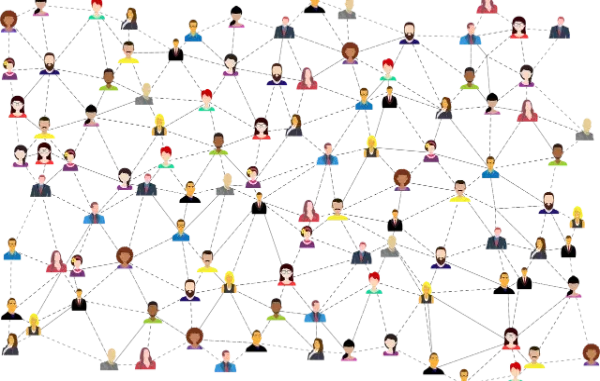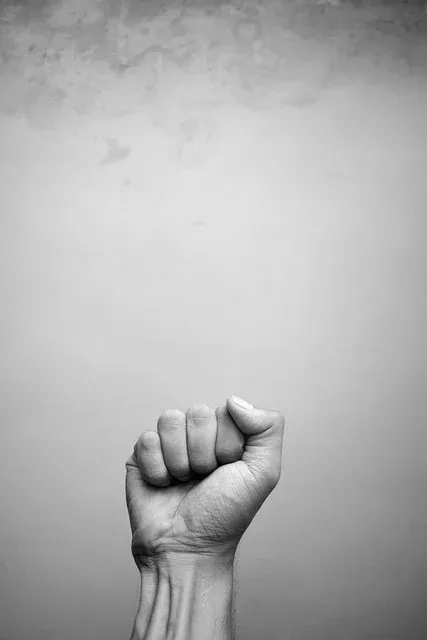
In recent years, social justice movements and activism have taken center stage inside the international discourse, igniting conversations and growing actual alternates on many critical issues. From racial justice to the climate movement and LGBTQ rights, activists around the sector are persevering to push for development and demand equality. We discover the new updates on social justice movements and activism, highlighting the key developments, demanding situations, and achievements in these important areas.
Social justice movements and activism are powerful catalysts for change in society. They are moved forward by the passionate voices of individuals and groups who are trying to find ways to rectify inequalities, combat discrimination, and promote fairness in many areas of life.
These movements tackle a wide range of issues, from racial justice and LGBTQ rights to gender equality, human rights, environmental sustainability, climate change, and indigenous rights. Their effect is felt globally, as they inspire communication, awareness, and advocacy for the most urgent social and environmental issues.
At their core, social justice movements and activism emphasize the importance of collective movement and the notion that alternatives are attainable through cohesion and determination. They offer a platform for marginalized voices to be heard, challenge the status quo, and preserve establishments and governments responsible for addressing systemic injustices.
These movements have sparked numerous policy adjustments, shifts in public belief, and broader conversations about the desire for an equitable, inclusive, and sustainable world. They function as a driving force for wonderful social transformation and play an essential role in shaping the destiny we aspire to construct.
- Racial Justice Movements

The Black Lives Matter (BLM) movement, which gained large momentum in 2020 following the homicide of George Floyd, remains a force of change. The movement’s attention to ending police brutality and systemic racism has led to significant regulatory changes and an expanded focus on those problems. One of the exquisite trends is the passage of police reform payments in many U.S. states and cities. While progress has been made, there is nonetheless a lot of work to be done to deal with deep-rooted racial inequalities.
- LGBTQ+ Rights
LGBTQ activism remains a critical social justice movement. With several countries decriminalizing homosexuality and increasing legal protections for LGBTQ individuals, development is obvious. One massive fulfillment is the landmark decision by the U.S. Supreme Court in 2020, which ruled that federal law prohibits employment discrimination against LGBTQ people. However, many LGBTQ individuals face discrimination and violence, making advocacy for their rights an ongoing effort.
- Climate Activism
Climate activism, led by young activists like Greta Thunberg and the Extinction Rebellion Movement, has gathered global attention. Young activists had been a hit in pressuring governments and agencies to take action against climate change. Major trends encompass the signing of the Paris Agreement, the increase of renewable power industries, and the adoption of greater sustainable practices by corporations. Nevertheless, the weather crisis continues to escalate, and more widespread measures are needed to ensure a sustainable future.
- Gender Equality
The fight for gender equality remains a principal awareness of social justice actions. Women’s rights activists globally have made strides in pushing for equal pay, reproductive rights, and inclusion in politics and corporate leadership. Notable progress consists of the election of female leaders in various countries and the accelerated visibility of gender-associated problems. Gender-based violence and discrimination persist, underscoring the need for sustained activism.
- Indigenous Rights
The recognition of Indigenous rights and the protection of Indigenous lands have been at the forefront of social justice movements. Indigenous-led actions like Standing Rock and the Mauna Kea protests have garnered large attention. Some governments and businesses have taken steps to admire Indigenous sovereignty and address historical injustices. However, land disputes, environmental worries, and cultural heritage issues are ongoing battles for Indigenous communities.
Challenges and Future Directions
While social justice movements have achieved important milestones, they continue to face huge challenges. These demanding situations consist of:
- Backlash: Many movements face competition from individuals and groups who’re resistant to change or maintain opposing views.
- Systemic Resistance: Systemic inequalities and discrimination regularly persist despite policy modifications, necessitating ongoing activism.
- Intersectionality: Many social justice issues intersect, requiring a holistic technique to create a lasting alternative.
- Burnout: Activists regularly face exhaustion and emotional strain due to the disturbing nature of their work.

Looking ahead, the future of social justice movements and activism will probably consist of:
- Digital Activism: Social media and online systems will continue to play a critical role in elevating focus, organizing protests, and connecting activists.
- Global Solidarity: Movements will increasingly collaborate on a worldwide scale to address interconnected problems like climate change and human rights.
- Policy and Legislative Changes: Activists will push for regulatory reforms and legal protections that promote justice and equality.
Social justice movements and activism have made large strides in recent years, but the road to lasting change remains lengthy and challenging. The new updates on these actions display that progress is viable; however, it requires persistent willpower, advocacy, and worldwide understanding. The challenges are sizeable; however, the determination of activists and their unwavering commitment to justice deliver a wish for an equitable and inclusive future.
Social justice movements and activism represent the unwavering commitment of people and communities to create a more just and equitable world. These movements have tested their resilience and effect in addressing deeply entrenched problems, challenging the status quo, and driving significant alternatives.

While they face ongoing demanding situations and barriers, the determination and collective strength of activists continue to be a driving force for development, emphasizing the significance of inclusivity, fairness, and justice in our societies.
The legacy of social justice actions and activism is one of resilience, hope, and development. They have paved the way for regulatory reforms, institutional change, and a broader world shift towards a more equitable and inclusive future.
As these movements continue to conform and adapt to the changing landscape of societally demanding situations, they remind us that development isn’t one time spot but an ongoing adventure, one wherein every voice and every action depend. In an ever-changing world, social justice actions and activism will remain vital tools for perspective change, inspiring us to believe in a fairer and more compassionate world for all.






Leave a Reply